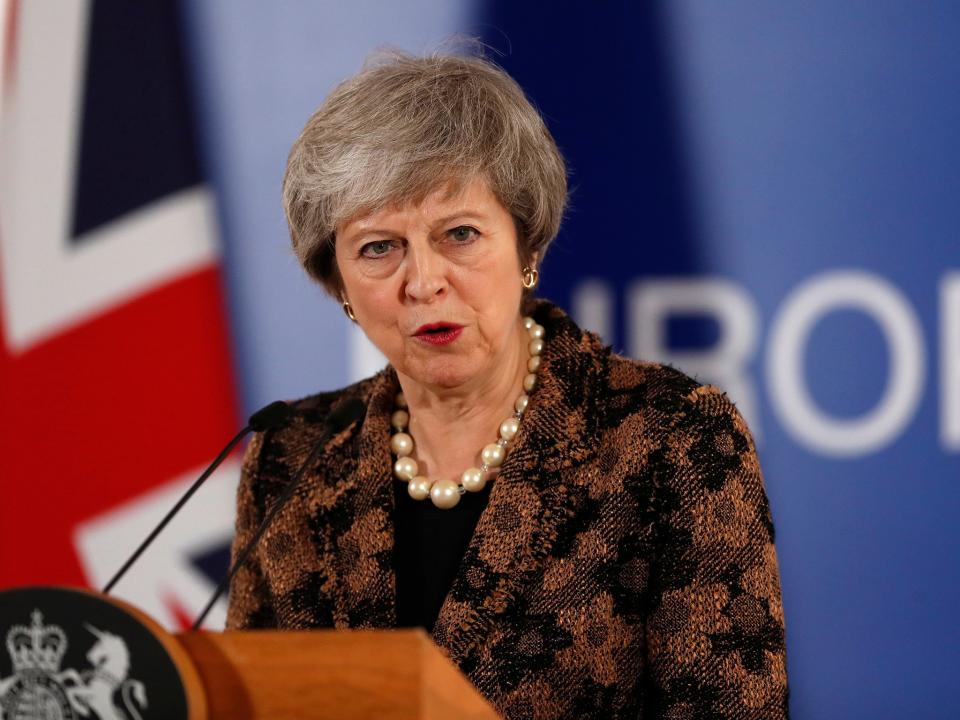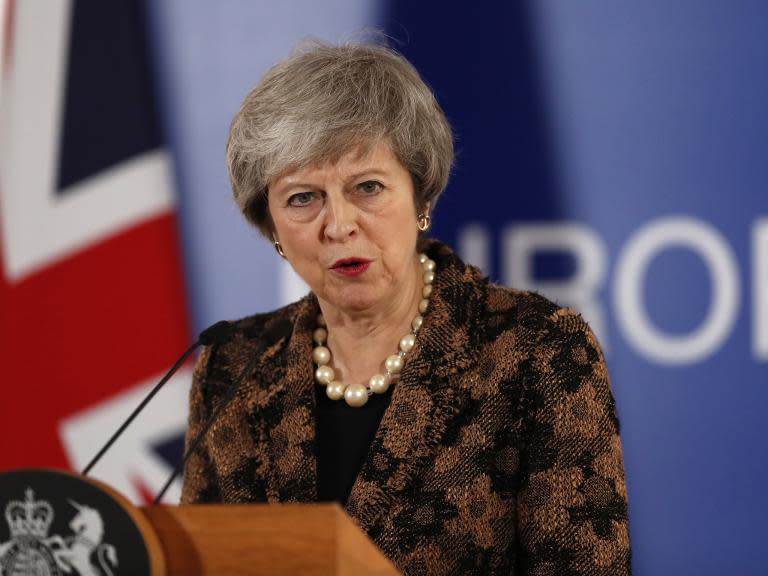Blair and May have raised some important points – but the people should have the Final Say on Brexit
Tony Blair’s intervention in the Brexit debate may have the effect of turning it into a tussle between two prime ministers. If this turns out to be the case, it would be deeply regrettable.
We welcome Mr Blair’s call for a second referendum, something that we have consistently argued for. We are encouraged that within the government the mood seems to be shifting towards a fresh public vote, if only as a way of unblocking the impasse in parliament.
And we acknowledge that Mr Blair has a voice that should be heard. While there is generally sense that the custom and tradition is that former prime ministers should not seek to interfere publicly in the policy of successor governments, on a critical issue such as this, the views of anyone with the massive experience of Tony Blair in dealing with Europe should be put before the electorate.
The same argument applies to the views of other prime ministers, including and perhaps especially, Sir John Major, who negotiated Britain’s position in the Maastricht Treaty of 1992.
Nevertheless the spat between Mr Blair and Theresa May is most troubling. It has escalated further in the past 24 hours, with the latter accusing the former of undermining Britain’s position in the talks with Brussels, and the former accusing her of being irresponsible in trying to push her deal through.
The danger is that this debate will become dominated by the personalities of two prime ministers. Brexit is much more important than that.
They are of course utterly different people: the charismatic charmer versus the dogged plodder, the Davos man versus the Middle England woman. There is, inevitably, the issue of trust, a handicap that Mr Blair will fairly or unfairly carry for the rest of his life.
And there is the overriding practical point that Ms May has to do the job now, whereas Mr Blair has been out of office for more than a decade. The core point here is that the arguments matter vastly more than the personalities, even if the latter make for far better copy.
Ultimately, politicians of all parties will have to bring the country together, and they will have to do so whatever the outcome of these difficult weeks. Yes, they should fight for their beliefs and they should seek to persuade the electorate of the value of those beliefs.
They are, after all representatives, not delegates. But there comes a point where a national consensus has to be reached.
We are not there yet, and the path towards it is rocky indeed. The only way for the country to move forward is to have the sort of fully informed debate that a properly administered referendum would encourage.
When that happens, as we believe it will, the views of all will be welcome. Meanwhile, the language of both Ms May and Mr Blair makes such a reasoned debate harder, not easier.

 Yahoo News
Yahoo News 

